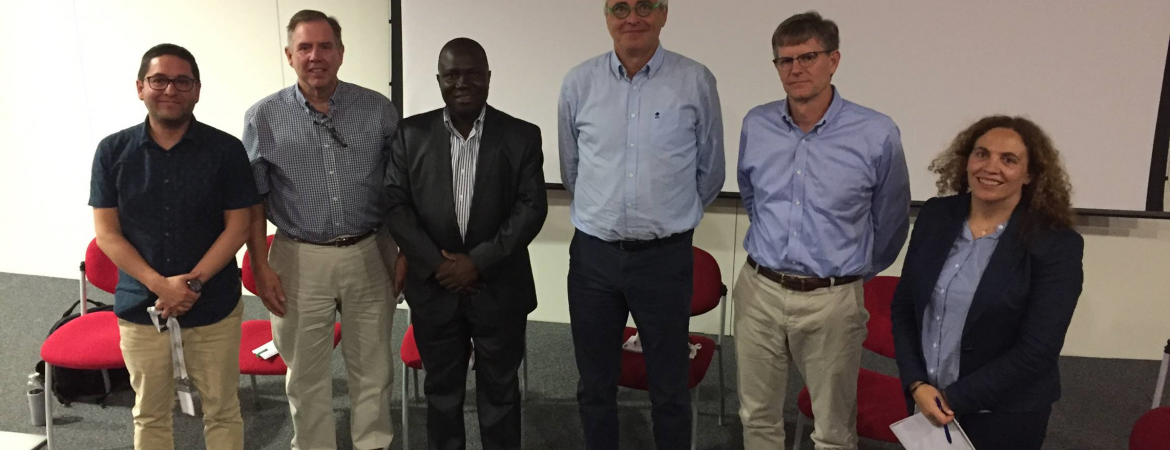
Maria Loureiro has participated in EAERE (European Association of Environmental and Resource) Conferences that were hold in Manchester (UK) between 26th and 29th June 2019. Maria acted as Chair in the conference "Policy Session: Advancing Economics in Global Policy Discussions" and also as Organizer in the conference "Thematic Session: Using Big Data for Ecosystem Service Valuation and Preference Assessment".
THEMATIC SESSION: USING BIG DATA FOR ECOSYSTEM SERVICE VALUATION AND PREFERENCE ASSESSMENT
Organizer(s): Maria Loureiro, University Santiago de Compostela
Chair: Ian Bateman, University of East Anglia
Big data, including online social media data, represent an extensive source of environmental variables, behavioural data, and attitudes not yet fully explored. The integration of this information with nonmarket valuation techniques, such as contingent valuation or the travel cost method provides opportunities to complement survey-based investigations and, potentially, creates an alternative to benefit transfer techniques. In addition, the access to real time data allows for quick assessments of interventions which can be quite useful for decision making. This session contains three papers describing recent applications of big data in the area of valuation of ecosystem services and preference assessment, and should contribute to debate among academics and policymakers.
POLICY SESSION: ADVANCING ECONOMICS IN GLOBAL POLICY DISCUSSIONS
Organizer(s): Kevin Boyle, Virginia Tech
Chair: Maria Loureiro, University Santiago de Compostela
Important environmental issues facing society such as climate change are global in nature and do respect neither geopolitical boundaries nor domains such as AFAERE, AERE, EAAERE, EARE, and LAERE. At the same tie, some populist political regimes around the world are rolling back key environmental policies, and communicating the relevance of concepts such as cap and trade and nonuse values to lay decisionmakers is challenging. This session will explore how environmental economists can collaborate across disciplinary foci and geopolitical boundaries to advance efficient policies that can be harmonised across regions. One approach that will be discussed is assembling ad hoc teams to write white papers, an approach successfully instituted by the Urban Land Institute. The panel will discuss the development of a road map of collaboration to provide economic insights to address regional and global environmental concerns.

